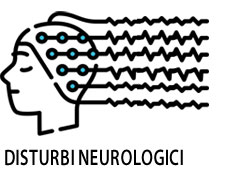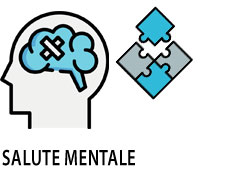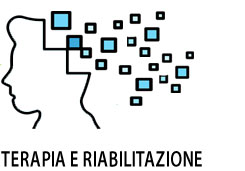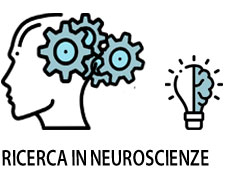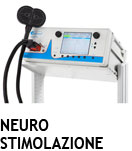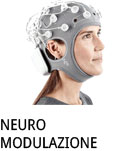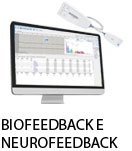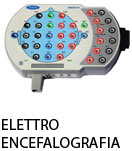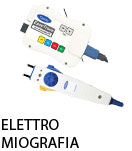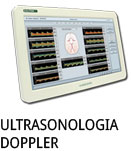- +39 011 5821948
- info@geasoluzioni.it
- Lun - Ven 8:00 - 17:30
Randomized trial of iReadMore word reading training and brain stimulation in central alexia.
- Abstract:
- Central alexia is an acquired reading disorder co-occurring with a generalized language deficit (aphasia). We tested the impact of a novel training app, ‘iReadMore’, and anodal transcranial direct current stimulation of the left inferior frontal gyrus, on word reading ability in central alexia. The trial was registered at www.clinicaltrials.gov (NCT02062619). Twenty-one chronic stroke patients with central alexia participated. A baseline-controlled, repeated-measures, crossover design was used. Participants completed two 4-week blocks of iReadMore training, one with anodal stimulation and one with sham stimulation (order counterbalanced between participants). Each block comprised 34 h of iReadMore training and 11 stimulation sessions. Outcome measures were assessed before, between and after the two blocks. The primary outcome measures were reading ability for trained and untrained words. Secondary outcome measures included semantic word matching, sentence reading, text reading and a self-report measure. iReadMore training resulted in an 8.7% improvement in reading accuracy for trained words (95% confidence interval 6.0 to 11.4; Cohen’s d = 1.38) but did not generalize to untrained words. Reaction times also improved. Reading accuracy gains were still significant (but reduced) 3 months after training cessation. Anodal transcranial direct current stimulation (compared to sham), delivered concurrently with iReadMore, resulted in a 2.6% (95% confidence interval −0.1 to 5.3; d = 0.41) facilitation for reading accuracy, both for trained and untrained words. iReadMore also improved performance on the semantic word-matching test. There was a non-significant trend towards improved self-reported reading ability. However, no significant changes were seen at the sentence or text reading level. In summary, iReadMore training in post-stroke central alexia improved reading ability for trained words, with good maintenance of the therapy effect. Anodal stimulation resulted in a small facilitation (d = 0.41) of learning and also generalized to untrained items.
- Patologie/Applicazioni:
- Anno:
- 2018
- Tipo di pubblicazione:
- Articolo
- Parola chiave:
- stimolazione elettrica transcranica; riabilitazione cognitiva; Alessìa
- Testata scientifica:
- Brain a journal of neurology
- Nota:
- Questo studio ha testato l'efficacia di due terapie concomitanti per l'alessìa centrale: una terapia crossmodale e lessicale di lettura delle parole e tDCS. Il tDCS anodale associato alla terapia ha avuto un piccolo ma significativo effetto di facilitazione sull'accuratezza della lettura della parola.
- DOI:
- 10.1093/brain/awy138
Hits: 2035
La nostra storia
GEA soluzioni si affaccia nel 2013 al mercato della strumentazione medicale di alto livello tecnologico ma la sua storia parte da più lontano, clicca qui per approfondire.
GEA SOLUZIONI SRL
via Issiglio 95/10, Torino
Tel.: 011 5821948 / 011 4463853
Fax: 011 0433281
Email: info @ geasoluzioni.it
P. IVA IT11696920013
REA TO1233648

